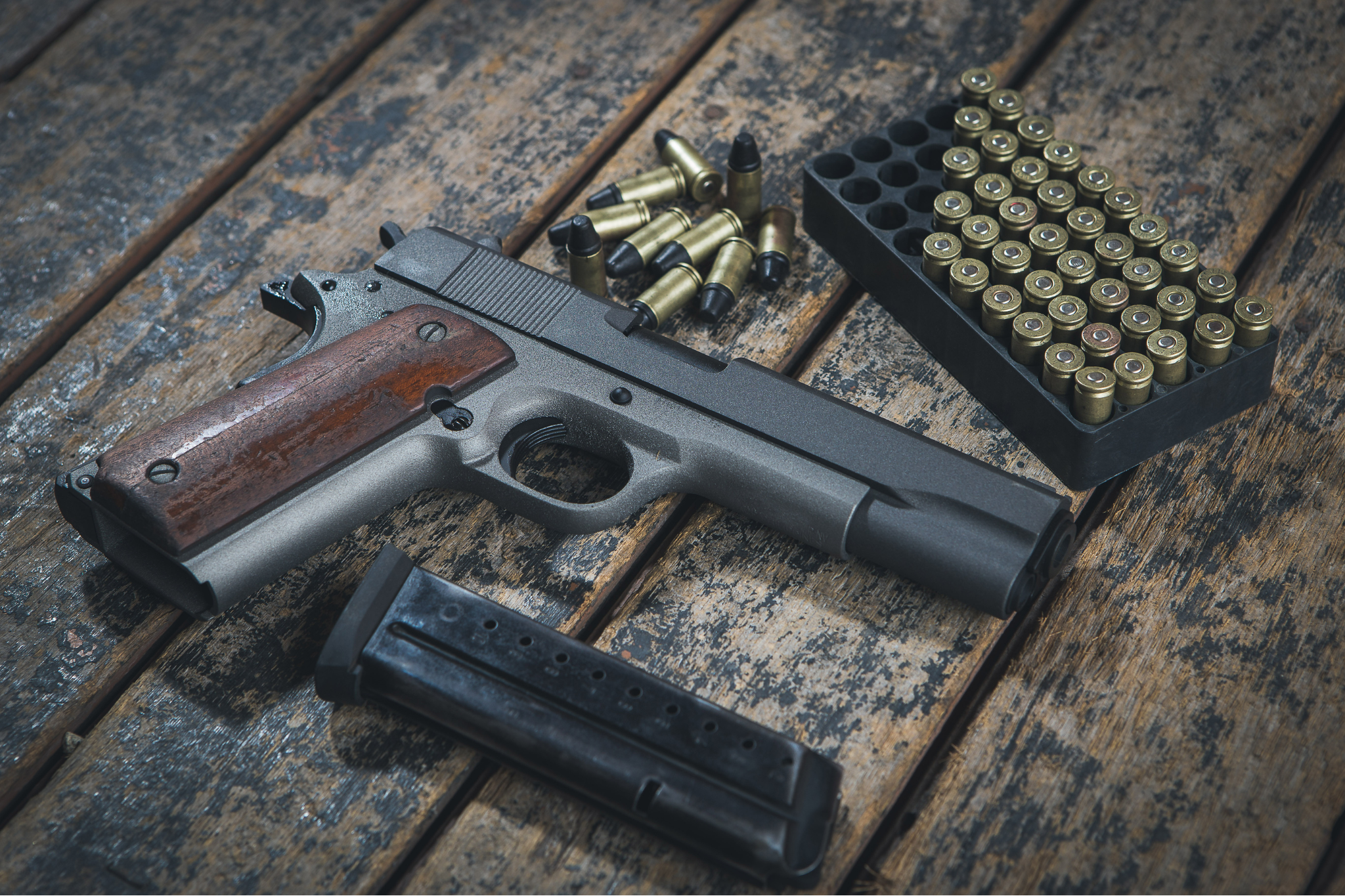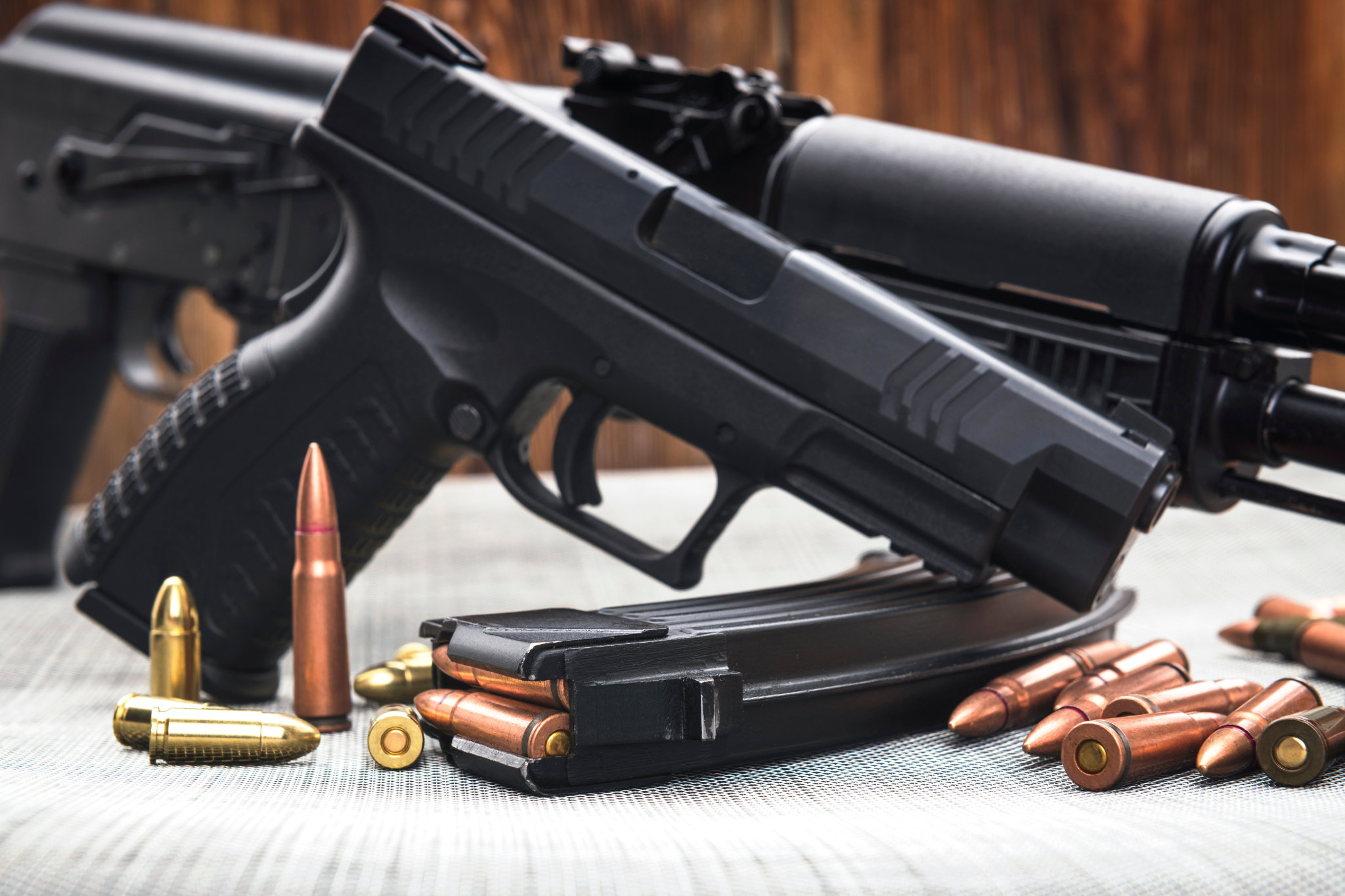What sizes do storage containers come in?
Need to know the right size for your storage needs? In this episode of Flex TV, we delve into the various standard sizes of storage containers. Our Flexpert explains the standard dimensions, ranging from compact units for minimal storage to large containers for substantial storage needs. Discover how to assess the size you require based […]
What size are storage unit containers? Today, I got a question from Joshua, who wants to know, what size do storage unit containers come in? So, this is a really crucial point for a lot of us, who want to rent a storage container because we know we’re going to need portable storage, like for moving or for very temporary storage and it’s more convenient, maybe we want to store it on site, we want to get a container. So what are actually the sizes of containers in order for us to be able to calculate what we need and the kind of space that we want to rent? So basically when it comes to portable storage containers, there are some standard sizes, although they do vary from one provider to another, but I’ll kind of give you a breakdown in general. So usually a portable storage provider will have between two and three different container sizes to accommodate different storage needs. Usually the smallest will be around eight foot long or seven foot long and then there’ll be a 12 feet or 14 feet and then there’ll be a larger one of 16 feet sometimes 18. Rarely you can even see a portable storage unit that’s 20 feet long. Now the width and height of all of these containers will be usually between seven feet or eight feet, so also take that under consideration. Obviously, when we’re storing, we’re talking about a 3D space, so up, down, sideways, everything has to be taken under account. Now, even if you’ve measured all your stuff, you’ve calculated all your stuff, or you’ve had someone tell you, yeah, you could get this in this size, it’s good for your two-bedroom home, take into consideration a few things that vary greatly between people. Number one, room sizes could be very, very different from one another, so someone who can store a four-bedroom in a container doesn’t mean that someone else will be able to store a four-bedroom. Maybe they have more stuff, maybe their rooms are larger. It’s always a better idea to actually measure, count the number of boxes, so that you get a better idea altogether of how much space you’re going to need. Another thing you’re going to want to consider is any future storage needs. It’s easier to get a storage unit that’s a bit too big and have the ability to fill it up with other stuff you’re gonna want to put into storage, than it is to get something that fits just right and then as soon as you want to store one more thing, you’re out of space and you’ve got to get a second storage unit or move out of your existing one. And that’s an absolute nightmare. The other thing you want to consider is accessibility inside your storage unit. This is something that a lot of people don’t think of and it’s actually very important. If you wanna be able to access your stuff without unpacking the entire thing, you’ve gotta think of creating sort of pathways that you can walk and view all your stuff and be able to take something out without unpacking the entire unit out beforehand because that’s really, really difficult and you don’t wanna be doing that. So in general, going a little bit bigger is better or even better if you have several small units and they’re kind of categorized by theme or by type of things that you store. That can be even more convenient, but always consider pathways and your future storage needs. Of course, the best thing to do, and what I always personally recommend, is consulting with a storage expert. Most every storage provider will have the option of consulting with a representative in order for them to better advise you on the kind of space you need. They do this every day, they usually know what they’re talking about, so definitely consult them, but also to be on the more safe side make sure you mention that you do want to consider pathways, you do want to consider access if you know that you’re going to need it.


